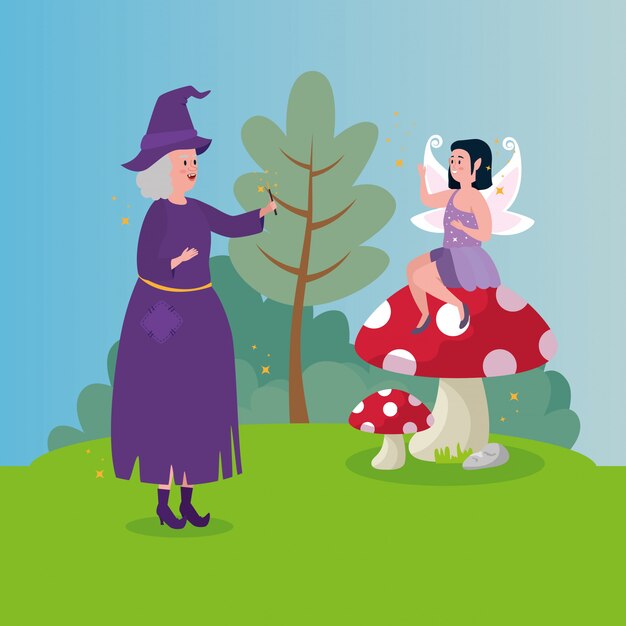Alice Walker – A Glimpse into Her Life and Achievements

Alice Walker was born on February 9, 1944, in Eatonton, Georgia.
She is an acclaimed American author, poet, and activist.
Walker is best known for her novel The Color Purple, which won the Pulitzer Prize for Fiction in 1983.
She is a prominent voice in African American literature.
Walker’s writing often focuses on the intersectionality of race, gender, and class.
She is known for her powerful and evocative prose.
Walker’s works often explore themes of identity, self-discovery, and resilience.
She has been an active participant in the civil rights movement since the 1960s.
Walker was deeply influenced by the works of Zora Neale Hurston and Langston Hughes.
She has been a vocal advocate for women’s rights and has been involved in feminist activism.
Walker has written numerous books, including poetry collections, essays, and short stories.
She started writing from a young age and won a scholarship to attend college.
Walker’s work has been translated into more than two dozen languages.
She has received numerous awards and honors for her contributions to literature and activism.
Walker has consistently used her platform to raise awareness about social issues.
She is known for her activism against female genital mutilation and violence against women.
Walker’s work often challenges societal norms and encourages readers to question the status quo.
Alice Walker – A Glimpse into Her Life and Achievements part 2
She has been an advocate for environmental sustainability and has written about the importance of reconnecting with nature.
Walker has been a guest professor at various universities around the world.
She has worked on film adaptations of her books and has been involved in the production process.
Walker often draws inspiration from her own personal experiences and upbringing in the rural South.
She has been an outspoken critic of racism, sexism, and oppression in all its forms.
Walker has been involved in humanitarian work, particularly in impoverished communities.
She has used her platform to shed light on the experiences of marginalized communities.
Walker’s writing has been described as both compassionate and empowering.
She is a proponent of intersectional feminism and believes in the power of solidarity among marginalized groups.
Walker’s activism extends beyond writing and speaking engagements; she has been involved in grassroots organizing efforts.
She has contributed to various anthologies and literary journals throughout her career.
Walker has been an advocate for LGBTQ+ rights and has written about the importance of inclusivity.
She has been a guest speaker at numerous conferences and events worldwide.
Walker has been recognized as a trailblazer in the literary world.
She has been an inspiration to many aspiring writers and activists.
Walker’s work has been adapted for the stage and has been performed in theaters around the world.
She has been a supporter of indigenous rights and has highlighted the struggles faced by Indigenous communities.
Walker has been a vocal supporter of reproductive rights and women’s health issues.
She has used her platform to raise awareness about the impact of colonization and imperialism.
Walker’s writing often explores the power dynamics inherent in relationships.
She has been an advocate for prison reform and has written about the injustices within the criminal justice system.
Walker’s work often examines the complexities of mother-daughter relationships.
She has been a mentor to aspiring writers through writing workshops and programs.
Walker’s writing encourages readers to embrace their own unique identities and heritage.
She has been involved in social justice campaigns, including anti-apartheid activism.
Walker has received honorary degrees from several universities.
She has been an advocate for accessible education and has spoken about the importance of learning.
Walker’s dedication to activism and writing has inspired generations of activists and writers alike.

